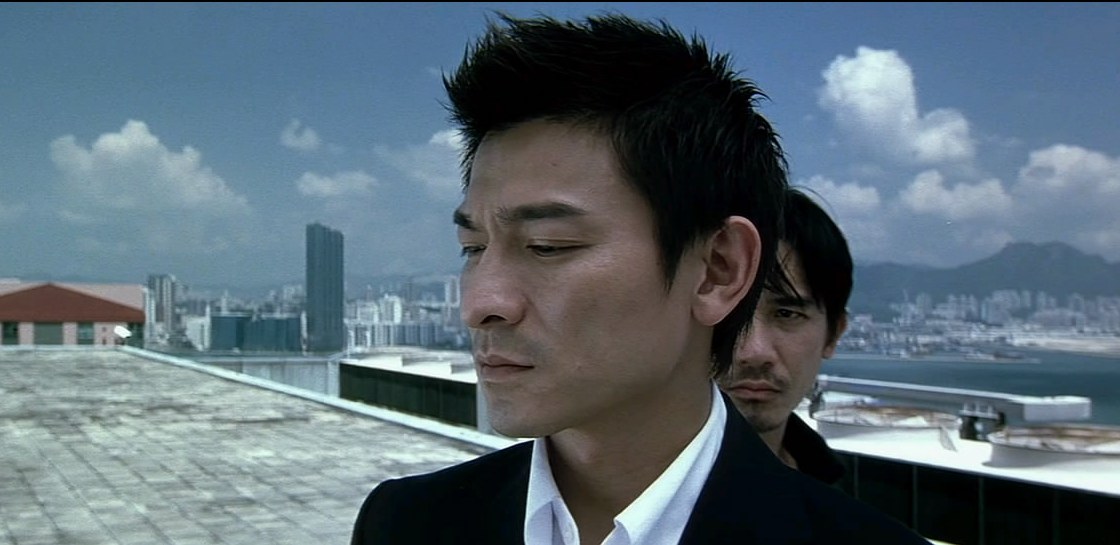As China’s influence continues to grow, so is its national language, Mandarin Chinese (or Putonghua). This is bad news, though, for many overseas Chinese communities which were originally founded by people from Guangdong Province and Hong Kong, where Cantonese is widely used.
More wealthy immigrants from mainland China means overseas communities are adjusting to accommodate Putonghua. For proof, one doesn’t have to look any further than the establishment of Confucius Institutes scattered across the globe that promote Putonghua.
The superiority of Putonghua is even apparent in the media. While Chinese actors previously said lines in Cantonese before getting into a kung-fu fight, they now speak Putonghua as seen on Netflix’s Daredevil series. Even flashback scenes from Orange is the New Black show Chinese immigrants in 1980s New York City speaking Putonghua, even though it would have been in Cantonese at the time.

This is all too much for the University of British Columbia in Vancouver, which has had enough. For the first time this September, the Chinese language department is going to offer courses in Cantonese despite all arguments to the contrary.
UBC has turned down four proposals from the Confucius Institute to develop its curriculum, and it was able to do it by accepting a CAD$2 million ($1.5 million) grant from a pair of Hong Kong philanthropists. “When a university can reject money, it’s a subtle form of push back to an overbearing culture,” said Ross King, head of UBC’s Asian-studies program.
Some people think that Cantonese simply does not have a chance against the rise of Putonghua, which is widely understood by a vast majority of China’s 1.3 billion people. However, language is also a way to experience the world through the lens of a particular culture. It’s through Cantonese that we have been blessed with a number of cultural gems that can’t be counterfeited: Cantopop, TVB, Stephen Chow comedic patter, and heroic bloodshed movies among other things.
Of course, you can translate these things into whichever language you’d like. But as Cantonese speakers present and future will know, you’re missing out on a unique way of experiencing the world that other languages can’t replicate, no matter how popular they are.


